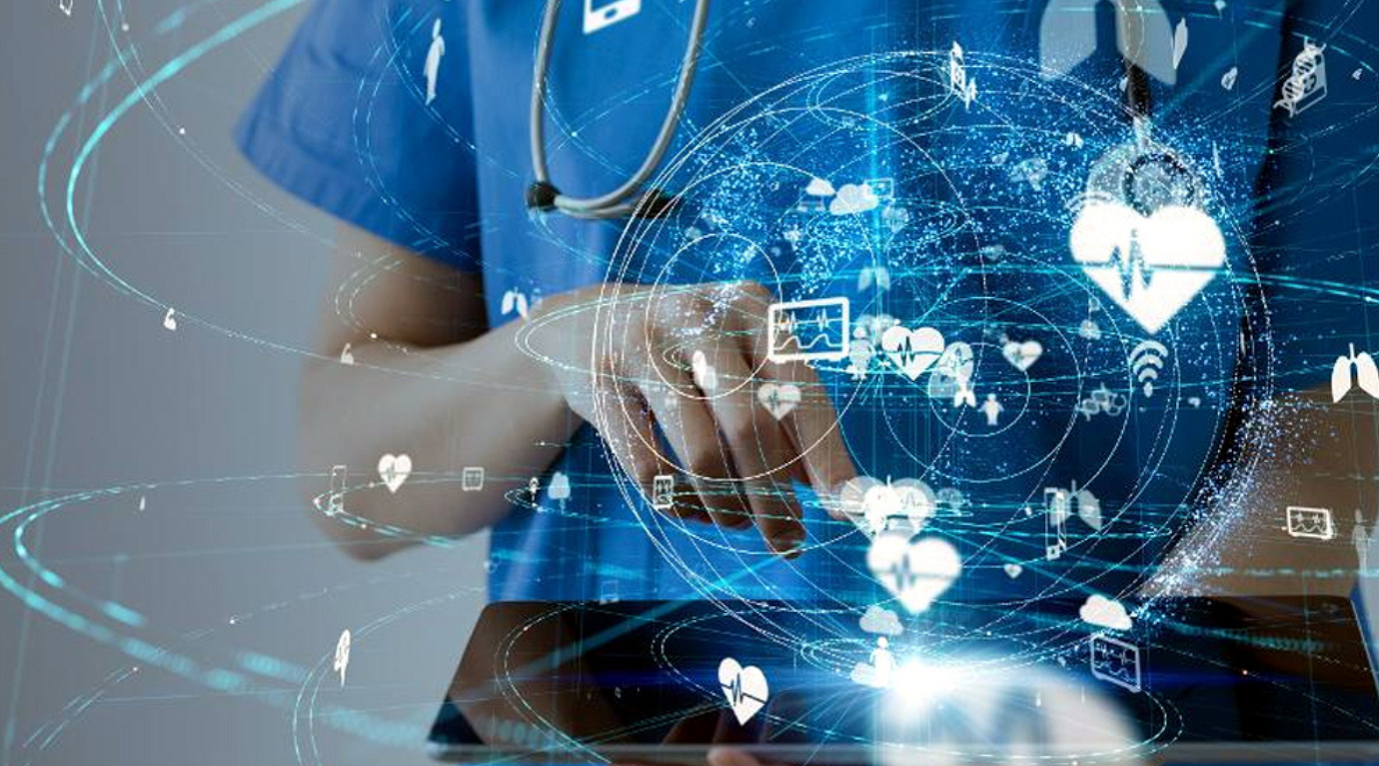Why Generative AI Matters in Life Sciences
The integration of artificial intelligence into life sciences is not just an enhancement—it’s a revolution. By harnessing large datasets and complex models, generative AI addresses challenges that have plagued the industry for years, such as prolonged drug discovery timelines, high R&D costs, and limited personalized treatment options.
In my experience, generative AI stands out because it creates new possibilities from existing data. Instead of merely analyzing patterns, it generates solutions – designing molecules, predicting outcomes, and simulating biological processes. It’s no wonder that global investments in this technology reached $2.6 billion in 2022, as organizations race to unlock its full potential.
Key Life Sciences Generative AI Use Cases
Generative AI is reshaping life sciences across a variety of areas. Let’s explore the most impactful AI use cases that are already making a difference.
1. Accelerating Drug Discovery
The process of discovering new drugs traditionally takes years, but generative AI is turning the tide. By analyzing chemical and biological datasets, AI models can design new molecules with desired properties such as low toxicity and high efficacy.
- Example: Peptilogics’ Nautilus platform uses generative AI to design peptide drugs, significantly reducing costs and risks.
- Impact: Faster timelines for drug discovery mean quicker access to life-saving treatments.
Generative AI also aids target identification, analyzing protein structures and mapping interactions to highlight viable drug candidates. This efficiency allows researchers to focus their resources on the most promising therapies.
2. Personalized Medicine
One of the most exciting applications of generative AI is its role in personalized medicine. By analyzing individual genetic and health data, AI creates tailored treatment plans designed for specific patients.
- Example: Generative AI can predict how a particular drug will interact with a patient’s genetic makeup, ensuring better outcomes.
- Impact: Personalized treatments reduce trial-and-error in therapies, improving patient satisfaction and recovery rates.
Virtual patient models further enhance this by simulating a patient’s response to different treatments, helping doctors make informed decisions.
3. Revolutionizing Diagnostics
Diagnostics is another area where life sciences gen AI use cases shine. From medical imaging to predicting disease progression, AI-driven solutions improve accuracy and speed.
- Imaging: Generative AI creates synthetic CT or MRI images, helping train diagnostic models without relying on real-world data.
- Prediction: Models like AlphaFold predict protein structures, aiding in understanding diseases linked to specific proteins.
These advancements empower healthcare providers with tools to identify conditions earlier and offer targeted interventions.
4. Synthetic Biology and Protein Engineering
Generative AI is a game-changer in synthetic biology, enabling the design of synthetic organisms and modifying biological systems. Applications range from biofuel production to developing synthetic cells for pharmaceutical use.
In protein engineering, AI models like Evozyne’s ProT-VAE generate novel proteins for therapeutic purposes. These innovations push the boundaries of biological research, opening doors to new possibilities.
Ready to Transform Healthcare with Generative AI?
From personalized medicine to advanced diagnostics, let us empower your innovation journey.
Let’s Collaborate
Breaking Down the Myths Around Generative AI
Like any groundbreaking technology, generative AI has its share of misconceptions. Addressing these myths is crucial for wider adoption and integration.
1. “Generative AI Replaces Scientists”
This couldn’t be further from the truth. Generative AI complements human expertise by automating repetitive tasks, enabling scientists to focus on strategic and creative aspects of their work.
2. “It’s Only for Big Organizations”
While major players like Google and NVIDIA leverage generative AI, the technology is increasingly accessible to startups and smaller research labs. Platforms like Vertex AI provide tools that cater to diverse organizational scales.
3. “Generative AI is Too Risky for Healthcare”
With rigorous testing and ethical frameworks, generative AI models are now robust enough to handle critical applications like diagnostics and drug development.
Practical Tips for Embracing Generative AI
For organizations looking to integrate generative AI into their workflows, here are actionable strategies:
- Start Small: Pilot AI projects in specific areas like diagnostics or data augmentation before scaling up.
- Invest in Training: Equip teams with the skills needed to work alongside AI tools.
- Collaborate with Experts: Partner with organizations specializing in AI integration to ensure smooth implementation.
Future Trends: What Lies Ahead for Generative AI in Life Sciences?
The evolution of generative AI is far from over. Emerging trends suggest even more impactful AI use cases in the near future:
- AI-Powered Clinical Trials: Virtual patient models will refine trial designs, reducing costs and improving outcomes.
- Real-Time Decision Support: Integrating AI into wearable devices could provide real-time insights for patients and doctors.
- Decentralized AI Models: Open-source platforms like Supabase make it easier for smaller organizations to adopt AI solutions.
As these trends unfold, the potential for generative AI to shape life sciences is limitless.
Conclusion
Generative AI is not just a technological innovation; it’s a transformative force reshaping life sciences. From personalized medicine to advanced diagnostics, its applications are driving unprecedented advancements.
For organizations ready to harness this power, Neuronimbus provides the expertise needed to implement and scale generative AI solutions effectively. With a track record of delivering cutting-edge AI projects, Neuronimbus is a trusted partner for life sciences companies aiming to stay ahead of the curve.




